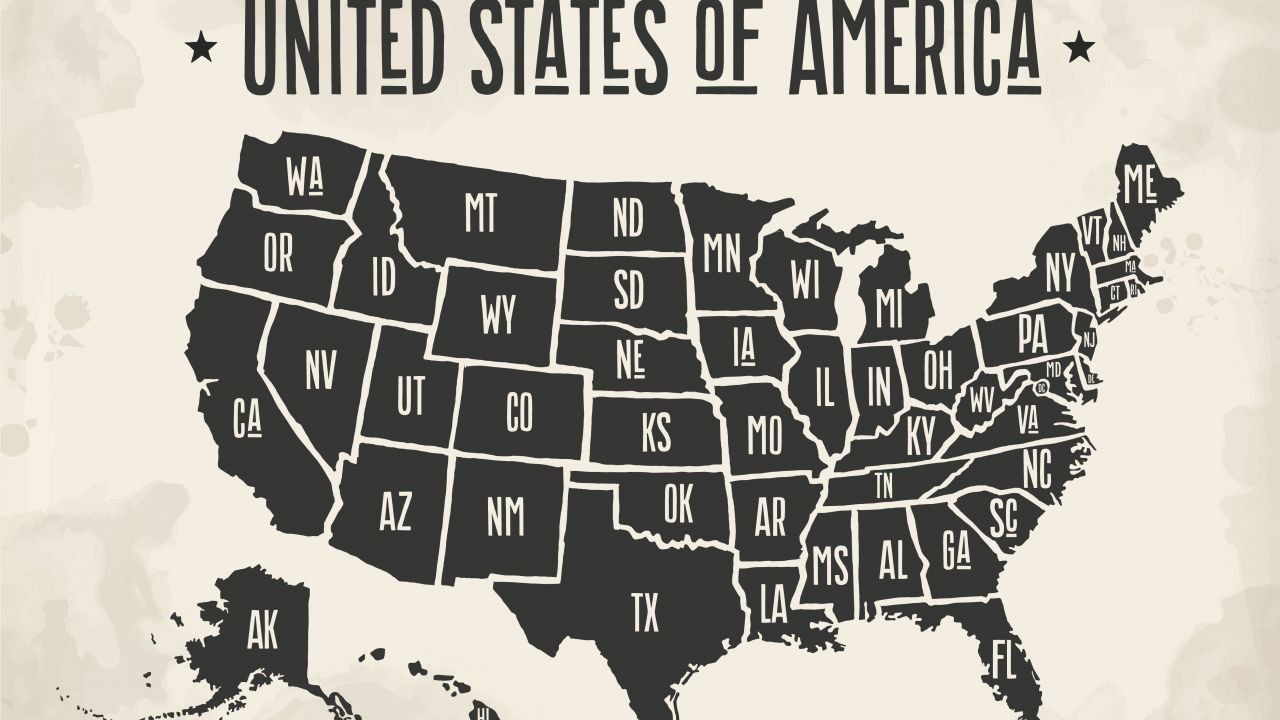Understanding Business Income and Extra Expense Coverage
Defining Terms: Business Income and Extra Expense Coverage
Business Income insurance is also known as business interruption insurance which pays for the actual loss of business income from a covered peril that you sustain due to suspension of your business operations as a result of damage or destruction to your property. This suspension must be due to a direct physical loss at the premises resulting from a covered cause of loss (fire, vandalism, wind, etc). This provision is the net income of the business and the continuation of normal operating expenses, which includes payroll. The Business Income coverage begins after a 72 hour (3 days) waiting period or deductible. Business Income provision is based on a limited recovery time as to where most insurance companies will pay for the actual loss sustained during the 120 days following the 72 hour waiting period or the limit of the insurance selected.
The Monthly Limit of Indemnity settlement provision aspect of the Business Income recovery is limited to the amount that the insurance company will pay each month based on fractions of typically 1/3, 1/4 and 1/6. Let us assume your limit of insurance is $120,000 and your fraction is 1/3 your monthly payment cannot exceed the actual amount of loss up to $40,000. Your coverage ends when the limit has been exhausted.
Extra Expense is the necessary expenses that the business incurs during the restoration period. These expenses would not have incurred if there had not been direct physical loss or damage to your property. Extra Expense also includes any amount paid to avoid or
minimize the suspension of your business operations at your premises or at a temporary location which includes any expenses to repair, replace any property or expenses involving research, replacement or restoring the lost information on damaged papers or
records to the extent that it reduces the amount of loss paid under Business Income. Extra Expense coverage begins immediately following damage/destruction to property.
Consider the following questions when selecting an adequate limit of insurance for Business Income and Extra Expense coverage:
1. What is your net income (profit) and total operating expenses for the last 12 months and the estimated next 12 months following the policy’s inception?
2. In a worse case scenario, how long would you be out of business following a loss?
3. Amount of Extra Expenses needed to maintain operations or to reduce the period of shut down.
4. Consider availability of materials, labor, climate, weather conditions, etc.
5. Do not hesitate to get your CPA involved in the selection of the amount of insurance necessary.
Quick Definitions:
Actual loss - The monetary payment you receive from insurance covering the actual loss of income to your business.
Business income - Any income that would result from regular business activity.
Period of restoration - The waiting period when you are repairing your business.
Extra expense - Expenses for when a business is temporarily closed for repairs
To get a business insurance quote, call Waldorff Insurance and Bonding today at 850-581-4925 .
*** This article provides general information, and should not be construed as specific legal, HR, financial, insurance, tax or accounting advice. As with all matters of a legal or human resources nature, you should consult with your own legal counsel and human resources professionals. Waldorff Insurance and Bonding shall not be liable for any direct, indirect, special, consequential, incidental, punitive or exemplary damages in connection with the use by you or anyone of the information provided herein.









